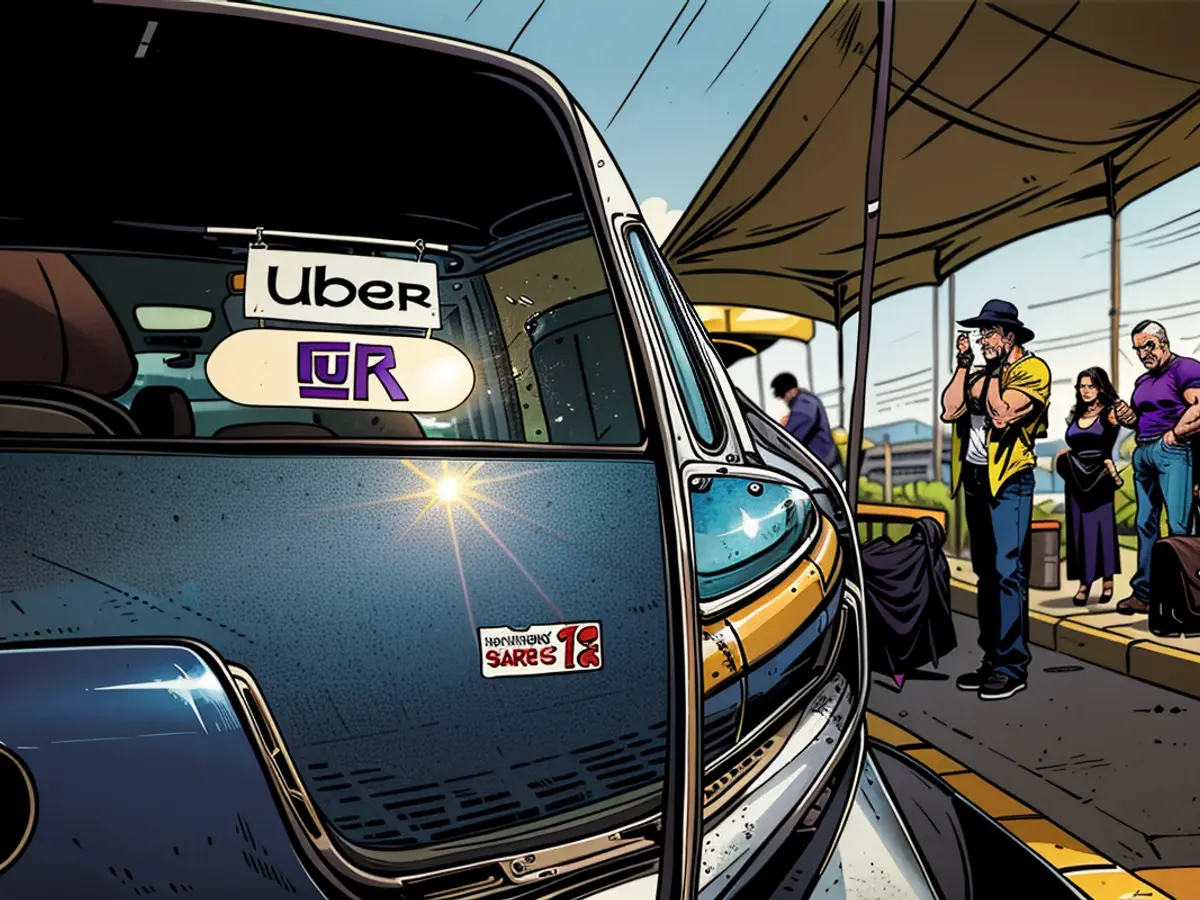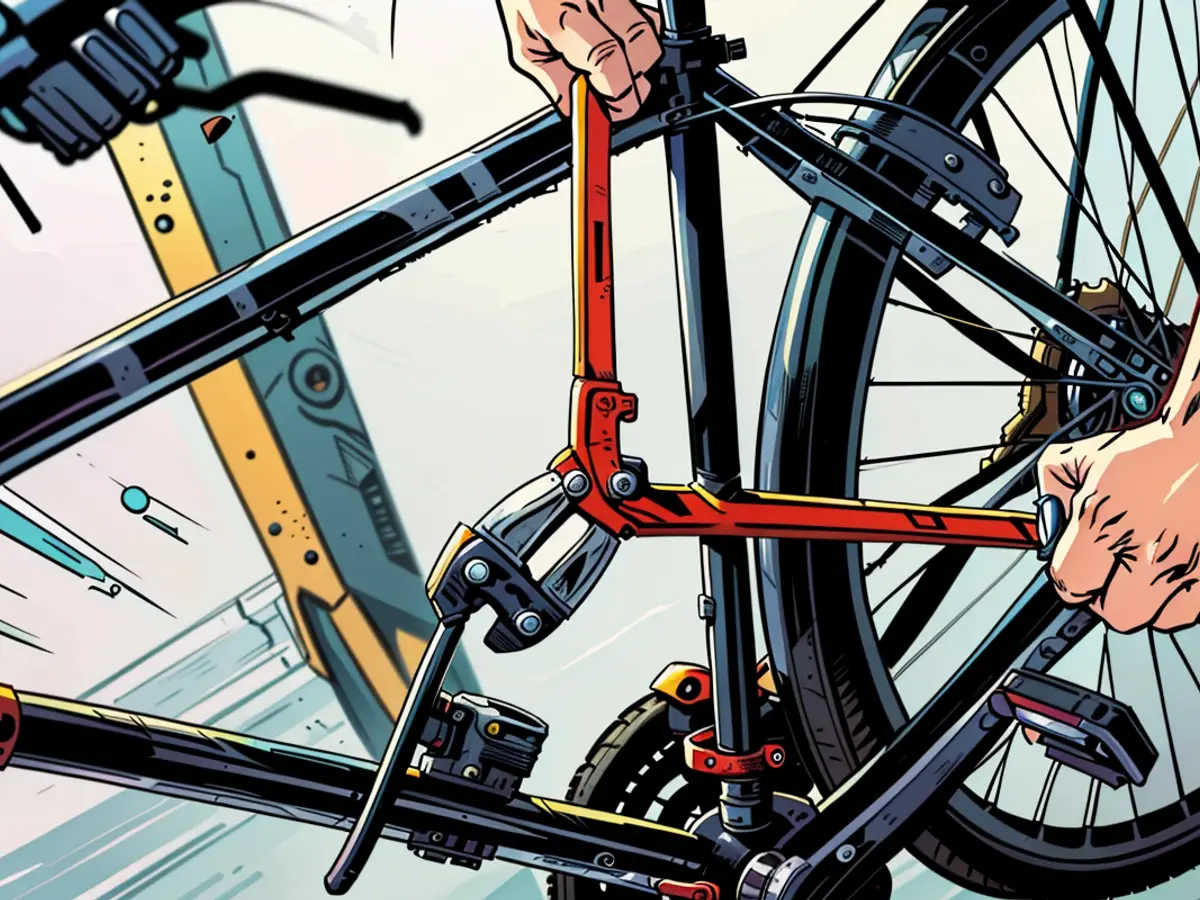Corte suprema californiana conferma misura referendaria che classifica i guidatori di Uber e Lyft come autoprogettati
The decision of the California Supreme Court represents a significant victory for the ride-hailing sector, with companies warning that many would withdraw or restrict their services in the state if they were forced to treat thousands of drivers as employees.
The court dismissed a lawsuit filed by the Service Employees International Union (SEIU) and four drivers who argued that the 2020 ballot measure known as Proposition 22, which maintains drivers’ contractor status while granting them certain benefits, was unconstitutional.
Uber issued a statement stating that the ruling upheld "the will of the nearly 10 million Californians who voted to deliver historic benefits and protections to drivers, while preserving their independence."
SEIU California Executive Director Tia Orr expressed disappointment with the ruling but encouraged rideshare drivers to continue advocating for their rights by seeking to unionize. "Gig workers are determined to ensure fairness in the gig economy and won't stop fighting to win greater workplace rights and protections on the job," she said.
The question of whether gig workers should be classified as employees or contractors is a crucial issue for the ride-service industry. Employees are entitled to a minimum wage, overtime pay, expense reimbursements, and other protections that do not apply to independent contractors, who can save companies up to 30% according to several studies.
Uber, Lyft, and other app-based services spent over $200 million on a campaign to pass Prop 22, which they claim allows drivers to continue earning money while enjoying the flexibility of part-time gig work.
Passed in November 2020 by nearly 60% of California voters, Prop 22 permits app-based transportation services to classify drivers as independent contractors if they are paid at least 120% of the minimum wage while passengers are in the car and receive expense reimbursements and health insurance subsidies.
A state appeals court dismissed SEIU's argument last year that Prop 22 inappropriately limited the legislature's exclusive power to regulate the state's workers' compensation system by denying app-based drivers access to those benefits, which are only granted to employees. The California Supreme Court concurred with this assessment on Thursday.
California is just one battlefront in a nationwide legal struggle over the classification of gig drivers and other contract workers.
In May, Minnesota lawmakers passed a measure setting a minimum wage of $1.28 per mile and 31 cents per minute for gig drivers, replacing a higher minimum wage adopted by Minneapolis that prompted Uber and Lyft to threaten to cease operating in the city.
In June, Uber and Lyft agreed to pay $175 million to settle a lawsuit brought by Massachusetts claiming they had misclassified drivers as independent contractors, and to adopt a $32.50 hourly minimum wage for drivers. A proposal allowing app-based drivers to unionize will be put to voters in the state in November.








